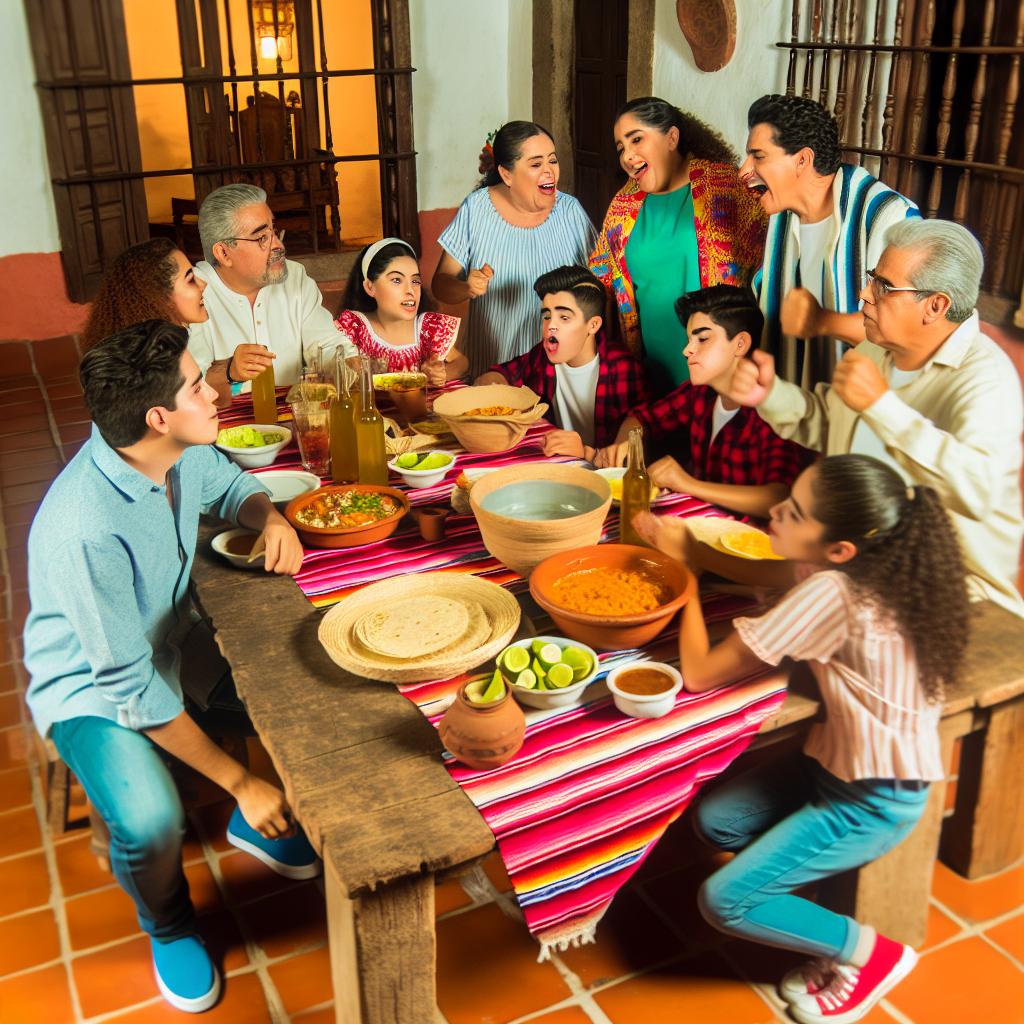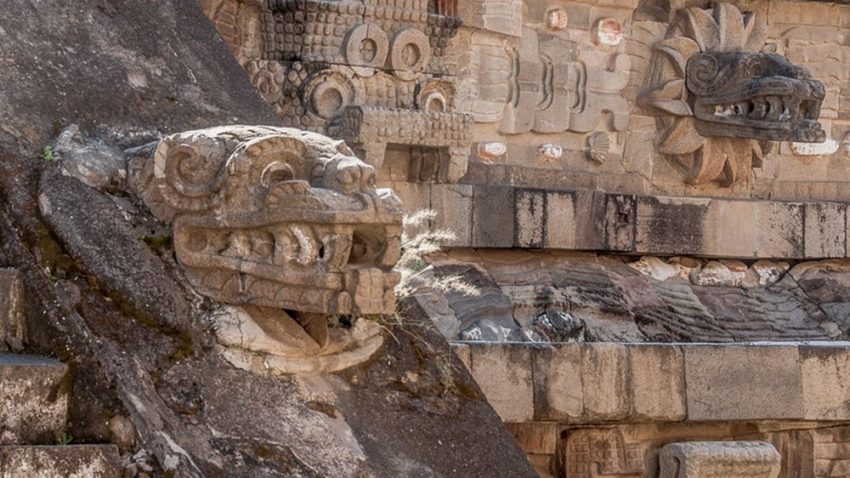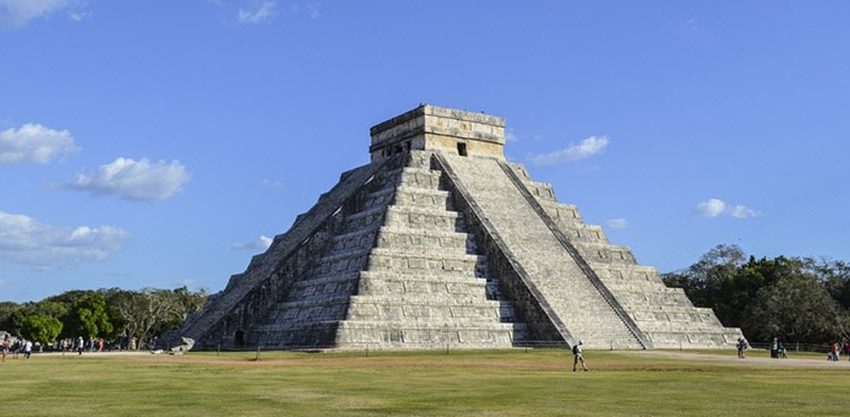The Importance of Family in Mexican Society
In Mexican society, the family is not merely a fundamental social unit; it is also an essential component in shaping cultural values and societal norms. The concept of family in Mexico extends beyond the confined boundaries of the nuclear family to encompass a vast network of relatives, both immediate and extended. This expansive view of family underscores its vital role in daily life and cultural identity.
Extended Family Structure
The notion of family in Mexican society transcends the traditional nuclear model that many are familiar with in other parts of the world. It is commonplace for various generations to reside under one roof, creating an intergenerational living arrangement that fosters strong family ties. Grandparents, aunts, uncles, and cousins frequently live together, contributing collectively to household responsibilities. This arrangement not only enhances the sharing of resources but also ensures that cultural traditions are preserved and passed down through generations. The compadrazgo, or “godparenthood,” is another integral component of the family structure. This practice goes beyond the religious role often associated with godparents in the nurturing of a child; it is an elaborate social institution that reinforces kinship bonds through both religious and secular sponsorships.
Financial and Emotional Support
Family structures play an indispensable role in providing financial and emotional support. In a country where social welfare infrastructure is not as robust as in some other nations, the family often serves as the primary support network. During times of economic hardship or personal difficulties, individuals typically rely on their family for support. This reliance is not merely on a financial level but also on an emotional one. The familial network acts as a safety net, offering comfort and assistance through life’s challenges and transitions.
Gender Roles and Responsibilities
The traditional gender roles assigned within Mexican families have a historical foundation but are currently undergoing a significant transformation. Historically, there was a clear demarcation in gender roles, with men predominantly seen as providers for the family, thereby shouldering financial responsibilities. Women, conversely, were traditionally associated with roles as caretakers and nurturers, responsible for managing the household and raising children. Yet, these gender roles are evolving, influenced by sociopolitical changes and increased opportunities. Women are increasingly joining the workforce, achieving more prominent roles in society, and contributing economically to their households. Men are gradually taking on more domestic responsibilities, supporting a more balanced sharing of duties. Despite these changes, the deep-rooted expectation of prioritizing family obligations persists strongly among both genders.
Cultural Celebrations and Family
Family occupies a central position in the celebration of cultural and religious events. Such celebrations are integral to Mexican identity, where family traditions and gatherings are emphasized. Two illustrative examples of this are Día de los Muertos and Christmas. These cultural events are characterized by family-centric customs and values. On Día de los Muertos, families gather to honor and remember deceased loved ones with altars, food offerings, and festive activities that celebrate life and death as interconnected. Christmas in Mexico is similarly a time for familial unity, with shared meals, religious observances, and festivities that echo through generations. These celebrations serve to strengthen family bonds and ensure that cultural heritage and values are transmitted to younger members.
Family as a Social Connector
The family unit is not only a source of personal support but also a critical social connector within communities. In Mexico, family networks are pivotal in facilitating community involvement and understanding social interactions. Familial ties influence many aspects of life, including social gatherings, business ventures, and even political affiliations. This intricate web of relationships underscores the importance of family as an entity that sustains and connects individuals to broader societal networks.
For those seeking further information on the intricate role of family within Mexican society, numerous resources and studies can be accessed through academic databases and cultural studies journals. These comprehensive resources provide valuable insights into the socio-cultural dynamics underpinning one of Mexico’s most cherished social structures, the family.







